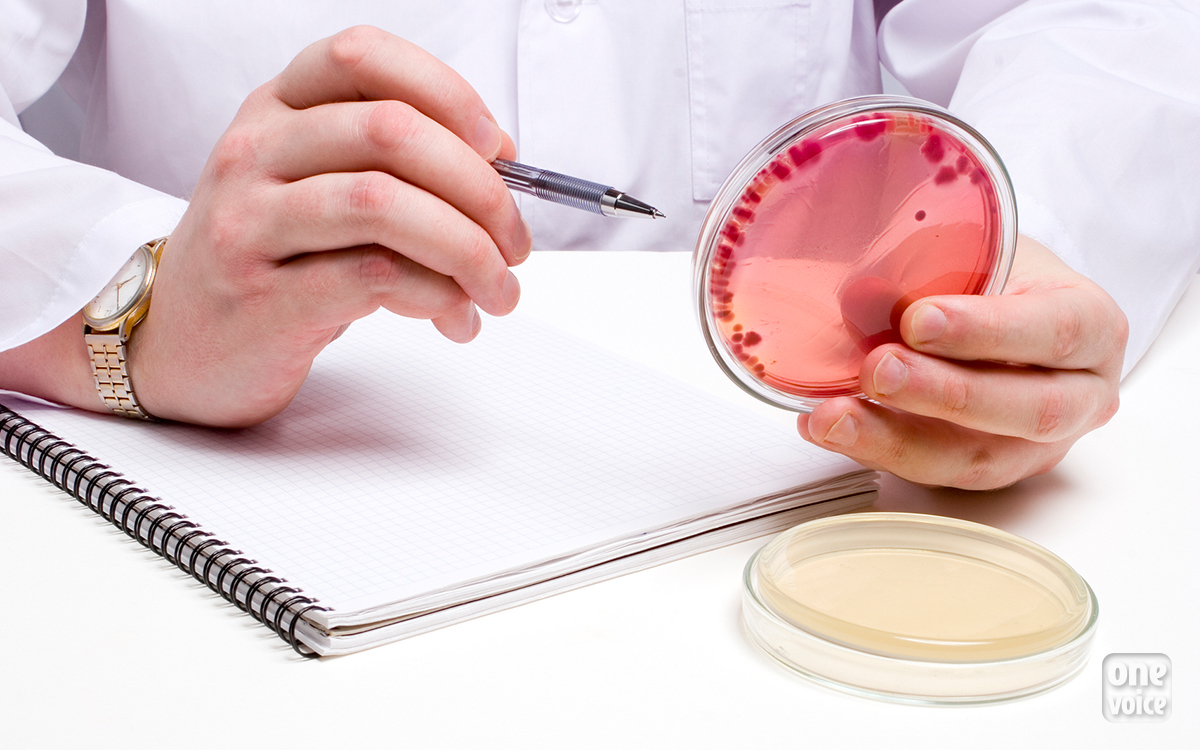

The scandal of Dépakine (Thalidomide): Animal experiments prove again to be dangerous
Tens of thousands of children have been born with early neurodevelopmental disorders, victims of the effects of Depakine, taken by their mothers during pregnancy. Depakine, such as Thalidomide and Distilbene have however been tested on animals before they were placed on the market, as required by current regulations. How many human and nonhuman people will still have to be victims of the obsolete, cruel and dangerous procedures of animal testing?
Tens of thousands of victims, human and animal
How many thousands of animals have been sacrificed? How many mothers of monkeys, rats and rabbits who have been injected with teratogen products, that is to say likely to alter ineluctably the development in utero of their young? How many babies, who as soon as they were born or snatched from the womb, were euthanized and underwent autopsies?
No, it is not a blessing in disguise, it is a frightful evil for another evil, which is just as bad.
After Thalidomide and Distilbène, Dépakine is the new health related outrage. Indeed, these three drugs have been tested on animals, including during pregnancy. Animals have been killed so that these substances can be sold. But this could not prevent the disasters related to their use by pregnant women.
The biggest scandal was that of Thalidomide in the early 1960s: 10,000 births with very serious malformations (absence of limbs, damaged organs) which caused some babies’ death. In the case of Distilbene (whose harmful effects were discovered in the early 1970s), children and even grandchildren of mothers who took this drug, were born with reproductive system pathologies, including cervical cancer.
The toxic effects of depakine on the fetus
Depakine is an antiepileptic medicine marketed in France since 1967. It has been recognized as causing malformations and developmental delays in exposed children during pregnancy.
The first case of malformations suspected to have been caused by Depakine dates back to 1980. Yet it took twenty-six years for the Ministry of Health to advise against its use by pregnant women. By the end of 2017, the laboratory’s responsibility has been established. Last June, the number of children with neurological disorders (including autism and mental retardation), after being exposed to Depakine, was estimated between 16,600 and 30,400!
Animal experimentation is worse than unsuitable, it is dangerous!
According to our scientific team, animal testing does not make it possible to obtain the certainty of the safety of a drug, especially during pregnancy. Gestations between humans and animals are not comparable: the embryonic and foetal phases are organized differently over time. In the case of Depakine, the human embryo develops skeletal malformations at much lower doses than animals.
But if animal testing cannot confirm a safe dosage to avoid such obvious effects, how can one still believe that they can help identify more nuanced effects, such as autism and developmental delays?
Towards modern science
We are undoubtedly living in an age where scientific knowledge is the most advanced in the whole history of mankind. But paradoxically, we do not know how to apply them intelligently! How many health disasters must we endure to ensure that the reliability of animal testing is finally called into question? Persisting to resort in using species that are separate from us as a reference is a nonsense which must not be continued for both animals and for us.